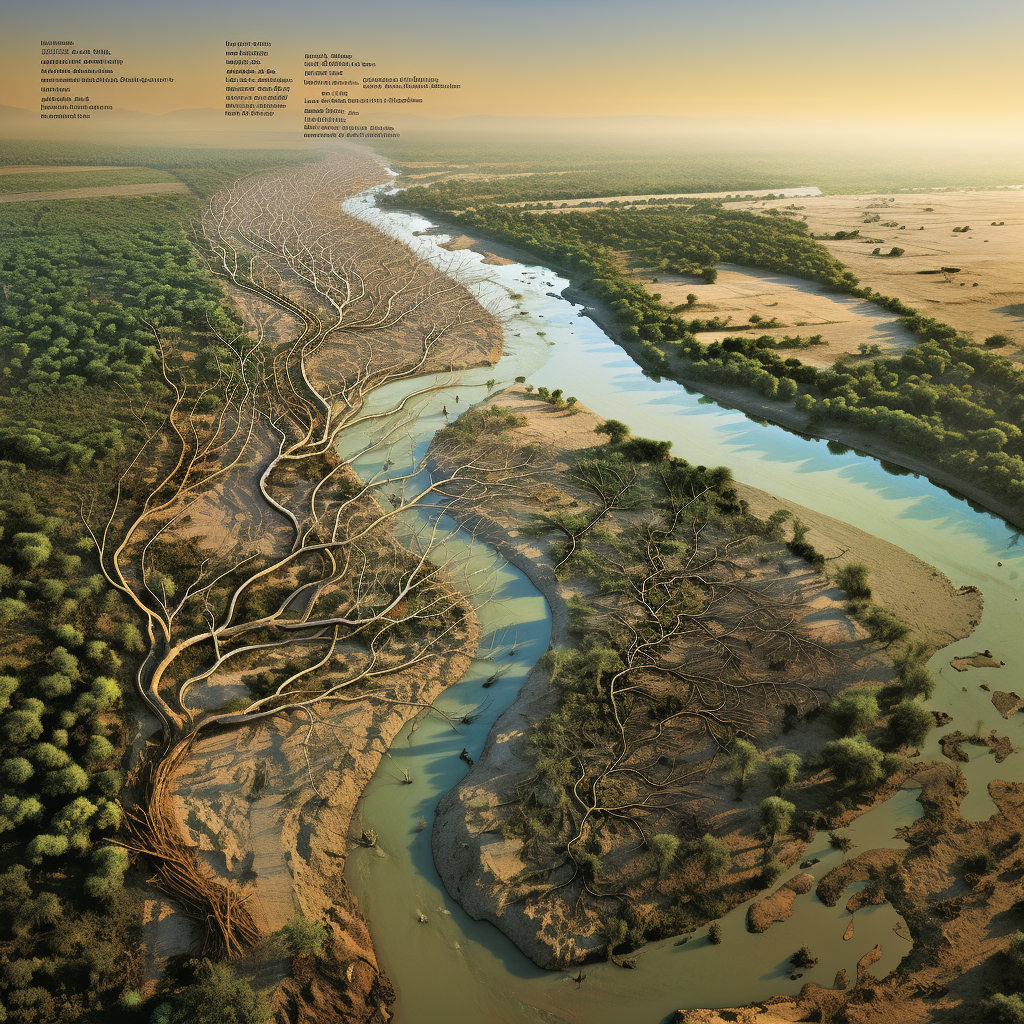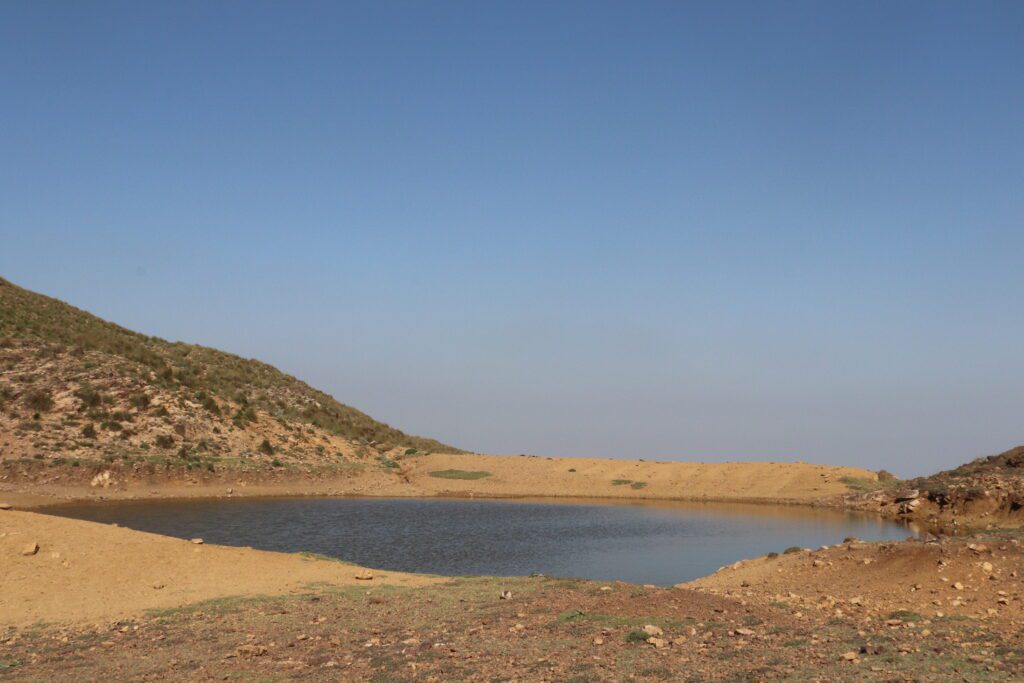Renesting Indus has begun
our first ecoist landlord dedicate his land for reforestation of Indus riparian banks
The mighty Indus River winds its way through fertile plains it once created right in the center of the great plains of Punjab and Sindh, and is suffering from the worst degradation due to massive deforestation of her Riparian buffer forests that stood dense along her banks. Those forests used to be the home to native biodiversity and migratory birds that traveled all their way from Siberia to the Indus valley to spend their winter and breed.
The Renesting Indus campaign celebrates its first onground success milestone as a traditional landlord Mian Javed Qureshi, who served as bank manager in Punjab development bank and now spends his retirement life with soil in farming, has decided to dedicate a part of his land for Riparian buffer forests.
It’s a big contribution for someone whose family has tilled the land along the Indus River for generations and the land for them is more than just soil and crops but heritage, livelihood, and legacy.
The idea of converting even a small part of this valuable land into a forest seemed far-fetched. How could he justify such a change when his fields provided for his family and the local community?
We, the Ecoist, have been struggling for reforestation of banks of the Indus and we have long recognized the critical need to protect and restore riparian zones, those precious strips of land along rivers that are vital for the health of aquatic ecosystems. These forests act as natural guardians, stabilizing riverbanks, filtering pollutants, and providing habitat for diverse species. Despite their importance, riparian forests along the Indus were disappearing, sacrificed to agriculture and urbanization.
Mian Javed Qureshi observed his son Mr Shahzaib Qureshi volunteering in afforestation campaigns along the floodplains of Indus river with a group of people calling themselves Ecoist. Which led him to enquire further about why afforestation on river banks are vital and with passage of time things were clear and he decided to reserve one acre of his land on the eastern bank of Indus river for the riparian buffer forest.
It didn’t happen fortnightly, We spent hours in conversation with Mr. Javed, learning about the challenges he faced as a farmer and we shared stories of other successful riparian projects around the world and how these projects had benefited local communities. We assured him that if he adapts to wood farming, it will enhance the value he received from land, both economically and environmentally.
With Mr. Javed’s approval, Ecoist sprang into action. Mr shahzaib worked tirelessly, planting native trees and shrubs, creating habitats for local wildlife, and ensuring the land was properly managed. The Ecoist community was involved in every step, fostering a sense of ownership and pride in the project.
We hope that transformation of that part of land will be miraculous. The once degrading strip of land along the Indus River will blossom into a vibrant ecosystem teeming with life. Birds, insects, and small mammals will find a new home, contributing to the biodiversity of the region. The stabilized riverbank reduced soil erosion, and the improved water quality will benefit both the environment and the local community.
We now decide to propagate the multifaceted benefits of riparian forests to other landowners along the river, how trees and shrubs along the riverbank would reduce soil erosion, a common issue that was eating away at Mr. Javed’s fertile land.
We’ll keep on inspiring other landlords along the Indus to dedicate their river bank land for a riparian forest to harness a virtuous value from their possession.


